
It’s Zimbabwe’s Independence Day! To mark the occasion, we’ve picked six novels that showcase the richness of Zimbabwean literature. Some of these are classics of the African literary canon; the more contemporary ones have received numerous accolades. Which of these have you read?
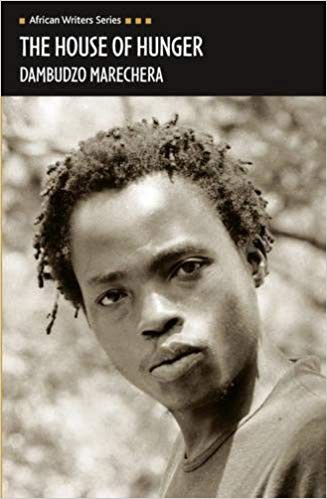
The House of Hunger (1978), by Dambudzo Marechera
The House of Hunger is a riotous beauty of a book composed of the titular novella and nine story fragments. The House of Hunger offers a searing look at black township life in following an ensemble of strange yet sometimes lovable characters. Fun fact: the original title of The House of Hunger was At the Head of the Stream.
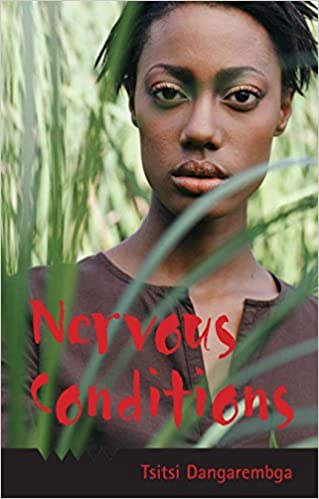
“I was not sorry when my brother died.” Who forgets an opening line like that? This coming-of-age story about a young Shona Girl, Tamburadzai Sigauke, is told with heart-rending honesty. The first in what is known as the Tambu trilogy, the novel begins with Tambu’s childhood in a village and chronicles her adolescent life as a schoolgirl, exploring the power of self-discovery. In 2018, Nervous Conditions was named one of the BBC’s top 100 books that changed the world.
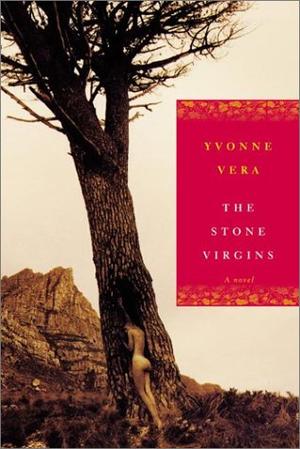
The Stone Virgins (2002), by Yvonne Vera
Through the eyes of two sisters, Thenjiwe and Nonceba, Yvonne Vera takes us on a swirling journey through one of the darkest moments in Zimbabwean history: the Gukurahundi massacres carried out by Robert Mugabe’s Fifth Brigade against the Ndebele people in Matabeleland between 1983 and 1987. The novel is written in Vera’s signature poetic style; as Ama Ata Aidoo says of the novel, “Yvonne Vera writes with magnificent luminosity. The Stone Virgins is a song about the author’s people, and the tragedy of their lives and their loves, contrasted against the sheer beauty of their land.”
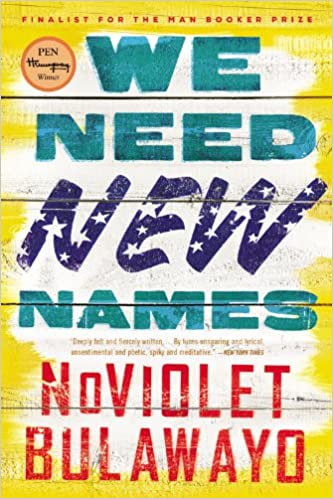
We Need New Names (2013), by NoViolet Bulawayo
We Need New Names is a coming-of-age story that charts the experiences of a slum kid named Darling — from her life on the streets with her ragtag band of friends to her life in the American Midwest. Bulawayo uses lyrical language and a dash of humor to bring a deeply human element to a life-story fraught with difficulties. Did you know that the first chapter of the book, “Hitting Budapest,” was initially published as a short story in the Boston Review and also won the Caine Prize in 2011?
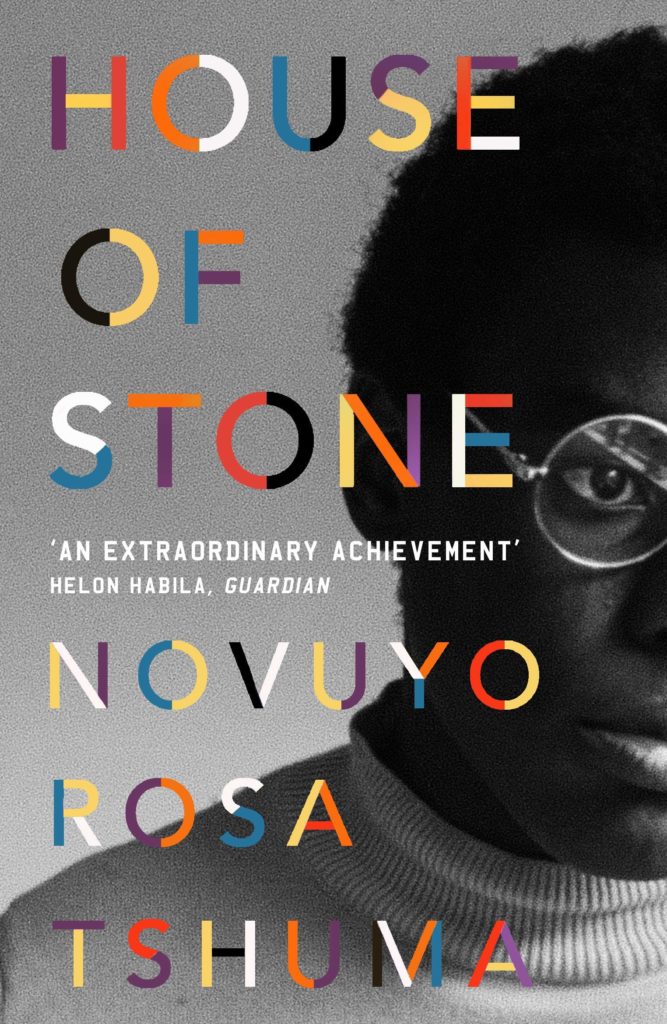
House of Stone (2018), by Novuyo Rosa Tshuma
Tshuma returns to the Gukurahundi massacres in a novel that blends a deep knowledge of history with humor. A teenage boy’s disappearance sparks a couple’s search for their son, and the novel tracks the uncertain alliances they must court to get to the root of their loss. If the 400 pages of this book abound with lightning wit and swirl with memorable characters, it is also replete with rich imagery and metaphors — not least of which is the title of the novel itself. As Dinaw Mengestu puts it in his New York Times review of the book, “Tshuma’s brilliant layering of competing images and metaphors is one of the many marvels of this wise and demanding novel.”
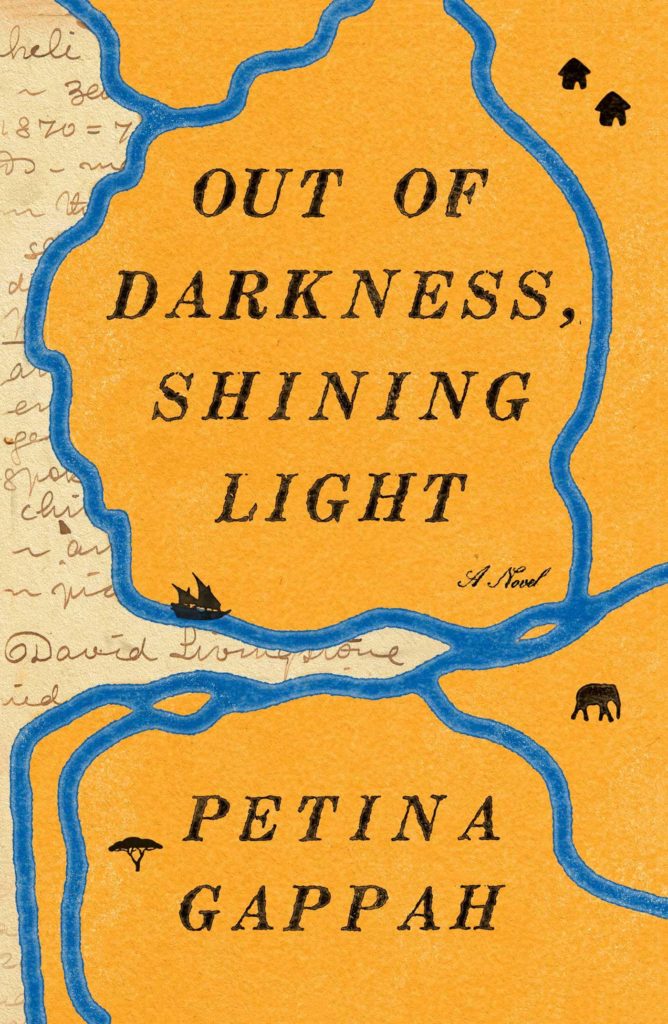
Out of Darkness, Shining Light (2019), by Petina Gappah
A nineteenth-century adventure story featuring a European explorer but this time, with an African woman as lead character. Gappah’s fourth book is the captivating story of a loyal band of men and women who travel fifteen hundred miles to the coast carrying the infamous Dr. David Livingstone’s corpse and personal effects. Halima, the doctor’s cook, is the primary narrator of the story, but she is joined by a cast of colorful characters, and the narrative is an admirable admixture of humor and prickly criticisms of colonialism and slavery.








COMMENTS -
Reader Interactions